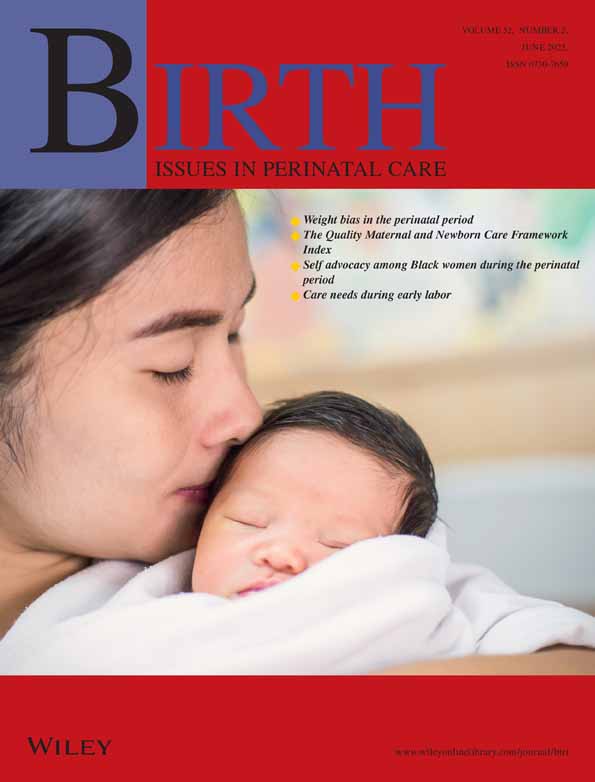Prenatal Smoking Cessation Counseling by Texas Obstetricians
This study was supported by grants from the Centers for Disease Control and Prevention for the Southwest Center for Prevention Research (Grant #R48CCR602176) and from the National Heart, Lung and Blood Institute (Grant #R01-HL50815).
Abstract
Background:
Smoking during pregnancy causes 20 to 30 percent of low birthweight and 10 percent of infant mortality in the United States. Brief counseling can reduce rates of smoking. The study objectives were to describe Texas obstetricians' pregnancy smoking cessation counseling activity and to identify attributes associated with consistent, effective counseling.
Methods:
A survey was mailed to a random sample of Texas obstetricians.
Results:
A response rate of 44 percent (n=204) was attained. A counseling coverage-effectiveness index was created based on the percentage of smokers counseled and use of specific techniques. Almost all respondents reported asking about smoking; fewer, however, reported counseling smokers. Physicians with low index scores, indicating inconsistent coverage, ineffective counseling, or both were dissatisfied with their current counseling, did not perceive counseling to decrease smoking, were not aware of the risks of smoking, and were unfamiliar with expert reports and recommendations for prenatal care.
Conclusions:
Obstetricians who are not reached by expert reports and guidelines from groups outside their specialty or who do not perceive the seriousness of maternal smoking are less likely to counsel consistently and to use the most effective techniques. Continuing medical education at local, state, and national levels should be directed toward increasing knowledge and skills about smoking cessation counseling of pregnant women. (BIRTH 25:1, March 1998)




